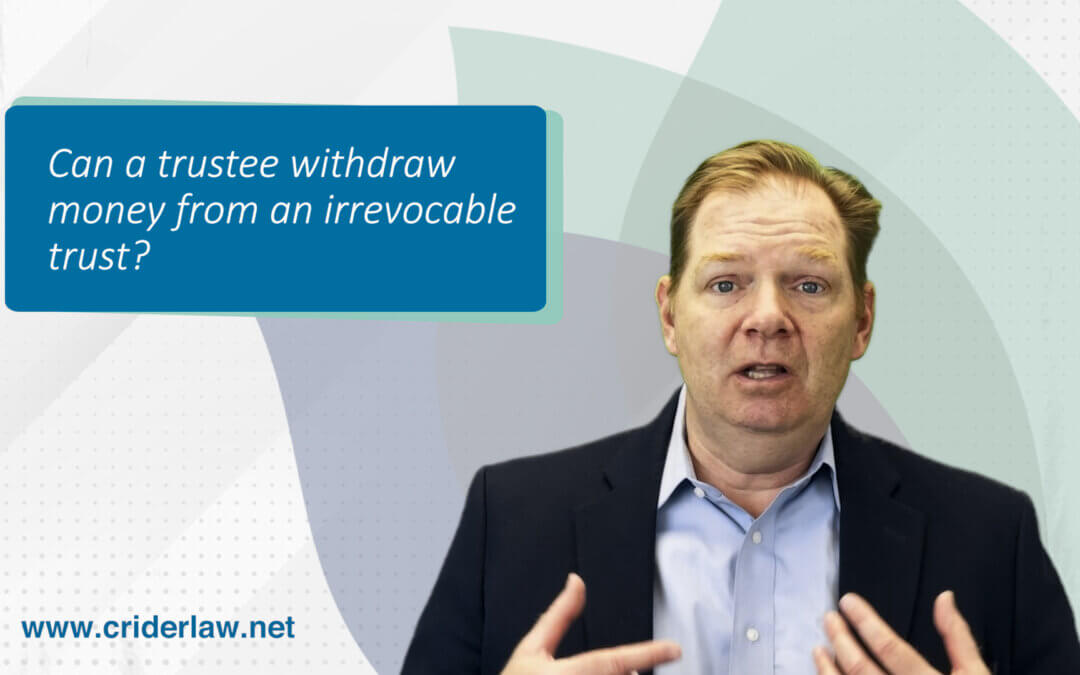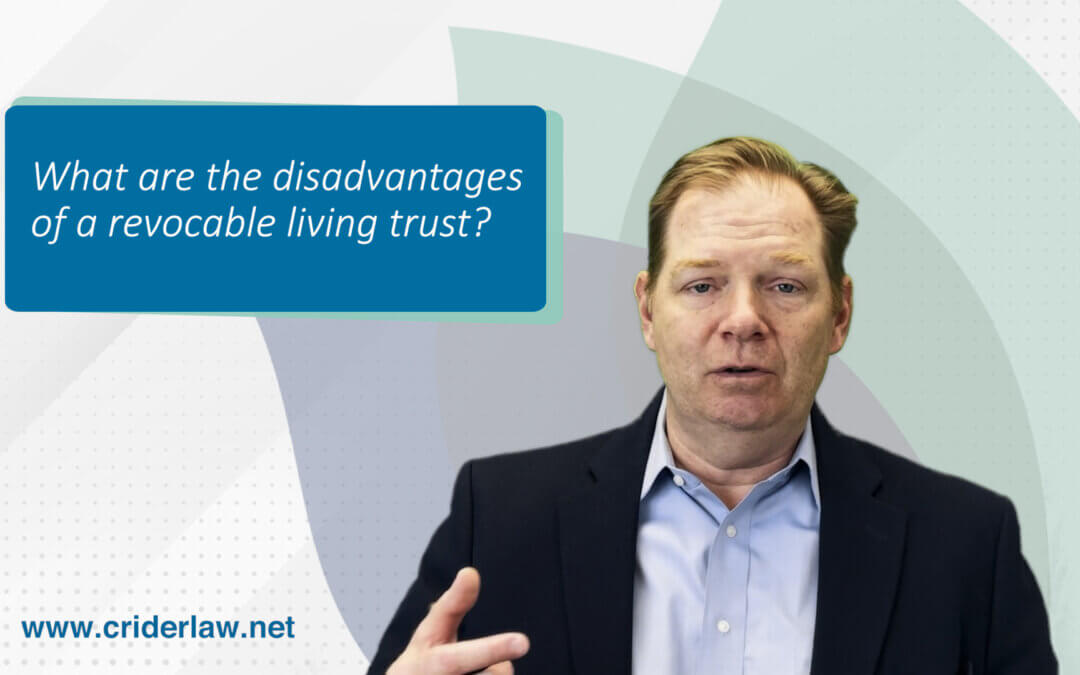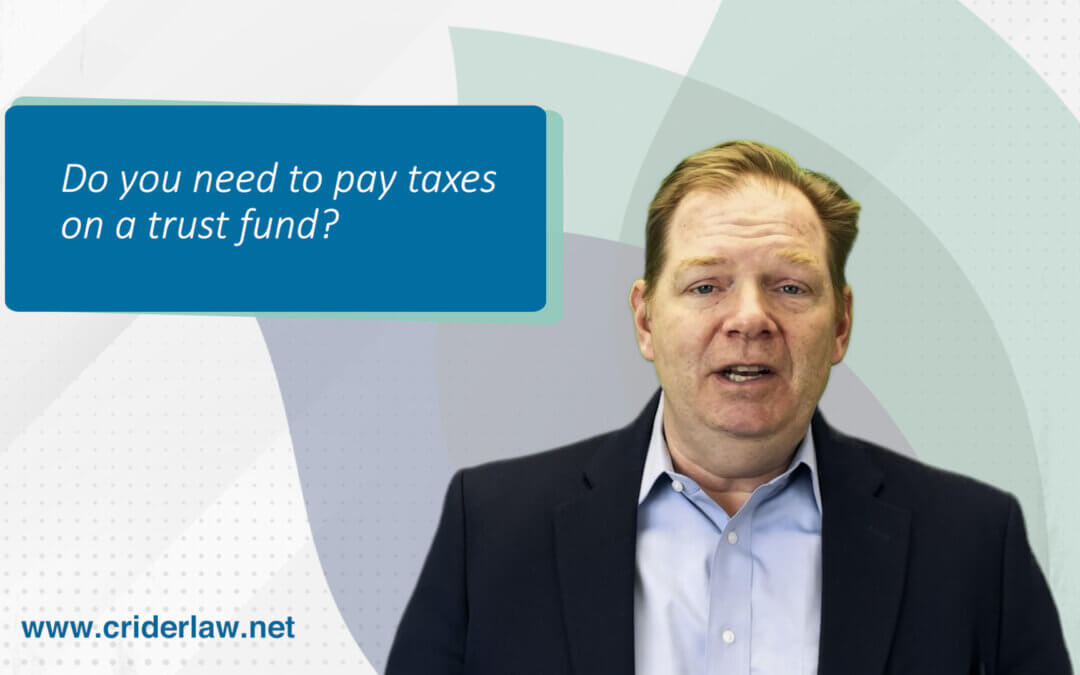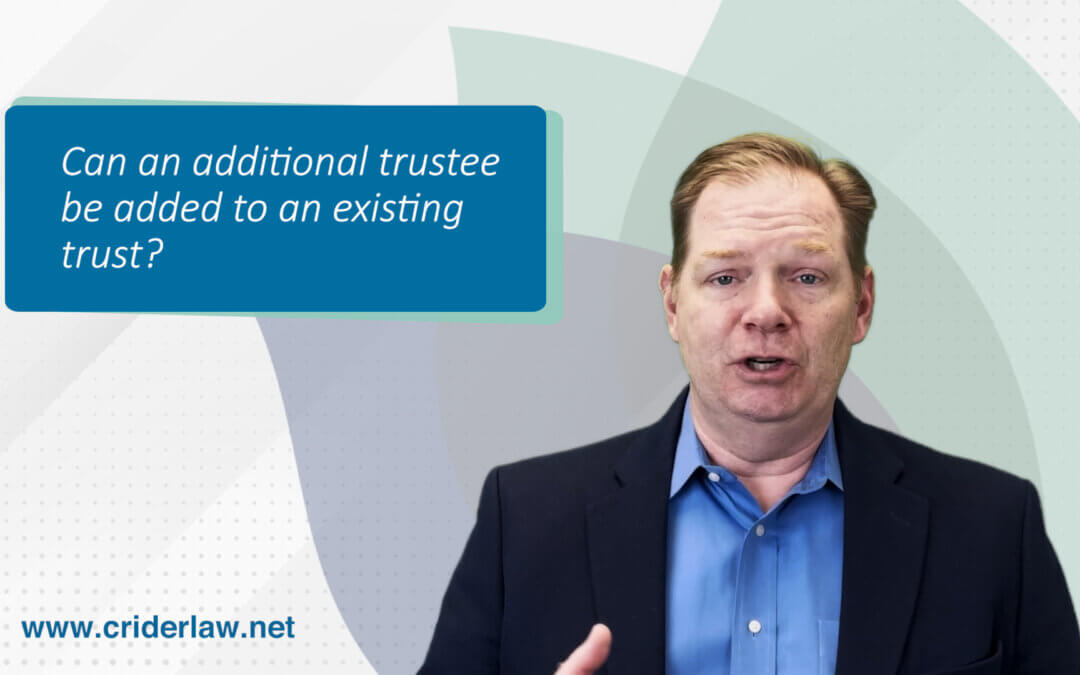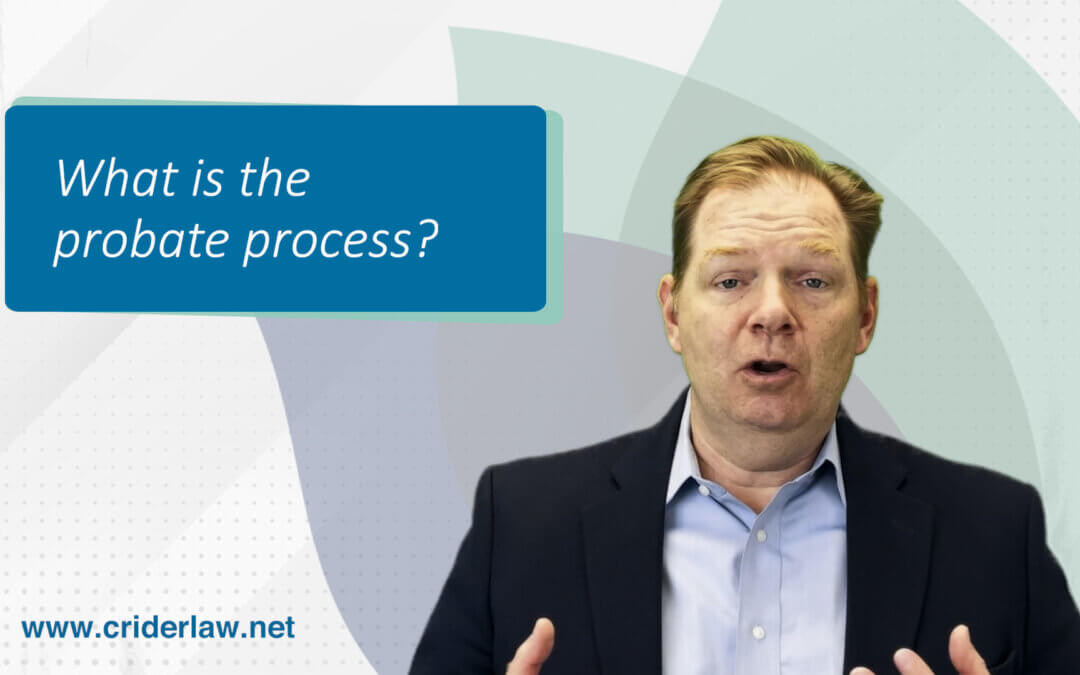
What is the probate process?
Now, the process is that the person named the executor or another interested party will file a petition to probate the will. Once that petition is filed, there are certain intermediate court hearings and deadlines that have to be followed. Once those hearings and deadlines occur, the executor will file a request to distribute the assets and to close the estate. On average, it takes anywhere between 18 and 24 months for a probate case to go through the court process.
Quick Question Corner is a video segment where we answer common questions about estate planning and elder law. If you have similar questions, leave them in the comment section and we can feature them in one of our videos in the future.

